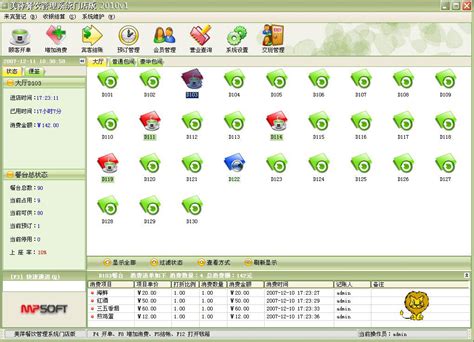PTP (PeertoPeer) tokens on blockchain refer to tokens that are exchanged directly between peers on a decentralized network without the need for intermediaries like exchanges. These tokens are built on blockchain technology, which ensures transparency, security, and immutability of transactions.
Here's a breakdown of key components and concepts related to PTP tokens on the blockchain:
1.
Blockchain Technology
: Blockchain is a distributed ledger technology that records transactions across a network of computers in a secure and transparent manner. Each block in the chain contains a cryptographic hash of the previous block, creating a chain of blocks, hence the name blockchain.2.
Tokenization
: Tokenization is the process of converting realworld or digital assets into tokens that can be traded or transferred on a blockchain. These tokens can represent various assets, such as currencies, commodities, or even ownership rights.
3.
PeertoPeer (PTP) Transactions
: PTP transactions involve the direct transfer of tokens between two parties without the need for intermediaries. This direct exchange eliminates the need for centralized exchanges, reducing transaction costs and increasing efficiency.4.
Smart Contracts
: Smart contracts are selfexecuting contracts with the terms of the agreement directly written into code. They automatically enforce and execute the terms of the contract when predefined conditions are met. Smart contracts play a crucial role in facilitating PTP token transactions by automating the exchange process.5.
Decentralized Exchanges (DEX)
: Decentralized exchanges are platforms that facilitate the trading of cryptocurrencies directly between users without the need for intermediaries. These exchanges operate without a central authority, allowing users to retain control of their funds and trade with greater privacy and security.6.
Token Standards
: Various token standards exist on blockchain platforms like Ethereum, including ERC20, ERC721, and ERC1155. These standards define the rules and functionalities that tokens must adhere to, such as how they are created, transferred, and managed.7.
Security and Immutability
: Blockchain technology provides security and immutability by storing transactions in a decentralized and tamperresistant manner. Once a transaction is recorded on the blockchain, it cannot be altered or deleted, ensuring the integrity of the transaction history.8.
Use Cases
: PTP tokens have numerous use cases, including decentralized finance (DeFi), gaming, digital collectibles, supply chain management, and more. By enabling direct peertopeer transactions, PTP tokens unlock new possibilities for decentralized applications and ecosystems.Overall, PTP tokens on the blockchain offer a decentralized and efficient means of exchanging value directly between peers, leveraging the security and transparency of blockchain technology.
免责声明:本网站部分内容由用户自行上传,若侵犯了您的权益,请联系我们处理,谢谢!联系QQ:2760375052











